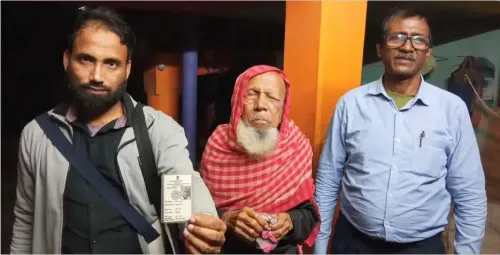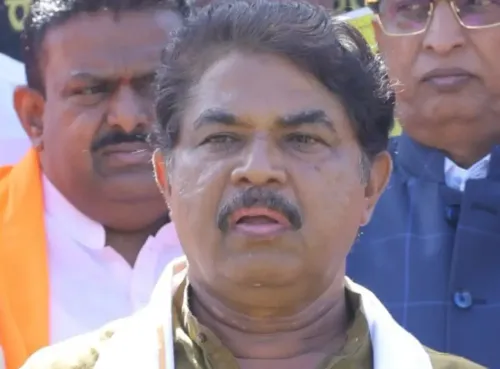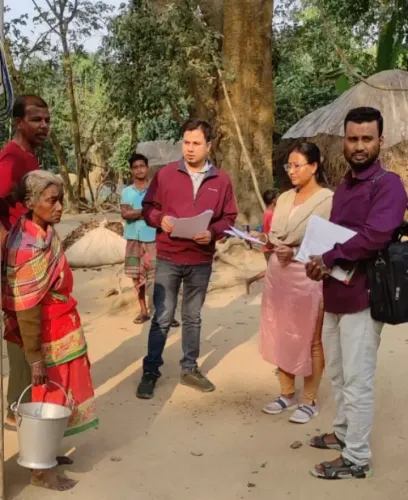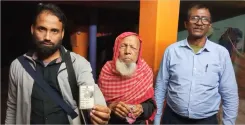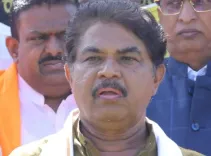Did Maha CM Welcome SC Ruling on New Ward Structure and 27% OBC Quota in Local Body Elections?
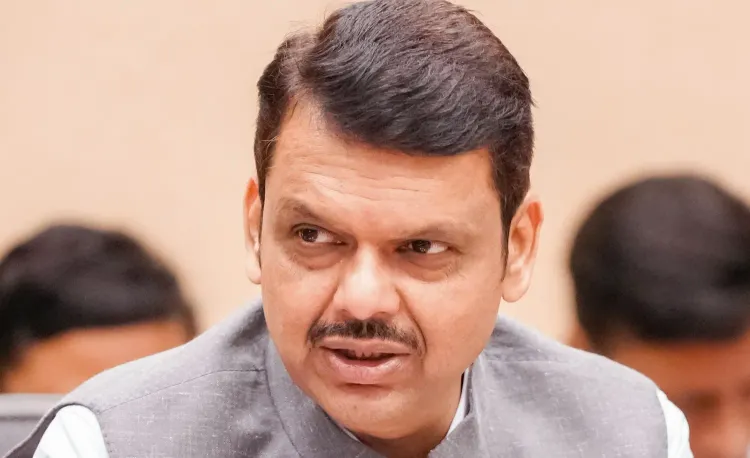
Synopsis
Key Takeaways
- Supreme Court ruling allows 27% OBC reservation.
- New ward structure based on 2017 framework confirmed.
- Local body elections can now proceed.
- Political leaders express support for the ruling.
- OBC representation is crucial for democracy.
Mumbai, Aug 4 (NationPress) The Chief Minister of Maharashtra, Devendra Fadnavis, expressed his approval of the Supreme Court’s decision to hold local and civic body elections utilizing the newly established ward framework, which includes a 27 percent reservation for the Other Backward Classes (OBCs).
He noted that this ruling has cleared the path for the long-awaited elections for municipal corporations, municipal councils, Zilla Parishads, and other local entities in Maharashtra.
In his response, CM Fadnavis stated, “The Supreme Court's ruling on OBC reservation carries dual significance. In the prior order (dated May 6), the court mandated that elections be conducted according to the previous OBC reservation (27 percent), a directive that has now been reaffirmed.”
He emphasized that the OBC quota will therefore be enforced in the forthcoming local and civic body elections, highlighting that the Supreme Court confirmed that elections will adhere to the 2017 ward structure, rather than the 2022 ward structure.
“Consequently, both of the state government's requests have been honored. The Supreme Court has sanctioned the upcoming local and civic body elections to proceed with OBC reservation,” he affirmed.
NCP minister and founder of Samata Parishad, Chhagan Bhujbal, also stated that the forthcoming local and civic body elections will take place under the 27 percent OBC reservation alongside the new ward structure.
“In its May 6 decision, the SC determined that elections would proceed with 27 percent reservation. Today's ruling reinforces this previous judgment, stating that elections will utilize a new ward structure,” he explained.
The minister further mentioned that the SC clarified that the configuration of wards and their structure is entirely the responsibility of the state government, which has legislated in this regard.
“There is no suspension of that law. Hence, today’s apex court ruling has set the stage for conducting local and civic body elections in the state with a 27 percent OBC quota and the new ward structure,” he remarked.
NCP SP legislator Jitendra Awhad also praised the apex court’s decision but criticized the MahaYuti government for allegedly squandering three years due to selfish interests.
The local and civic body elections in Maharashtra have been delayed since 2022 due to legal disputes concerning the application of the OBC reservation.
The apex court had previously ordered a status quo on OBC reservation in local body elections in August 2022.
Additionally, petitions challenging the Banthia report in the court have emerged. The Banthia Committee compiled empirical data on OBC, but various OBC organizations contested it.



